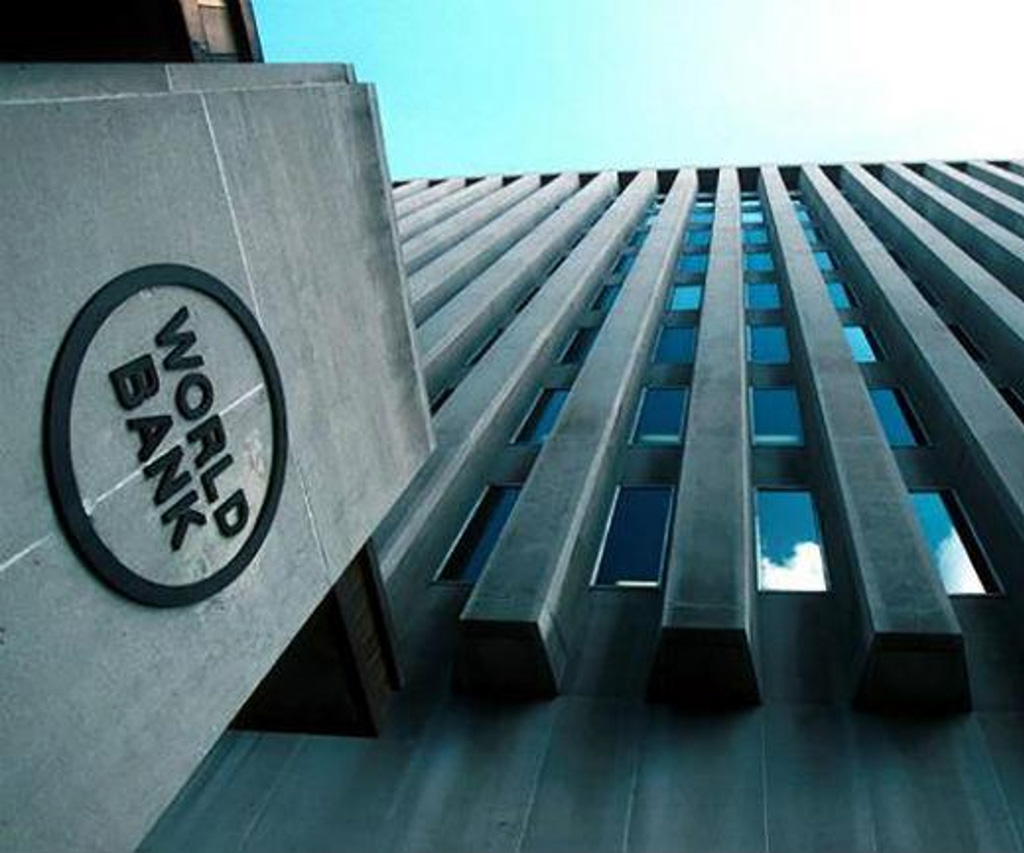PRR project: WB lists high-risk factors

The World Bank has termed vested interests lobbying for tax exemptions, internal tensions and wariness of change among the Federal Board of Revenue (FBR) staff, and potential disputes affecting provinces' readiness to collaborate with the FBR as high-risk factors for the Pakistan Raises Revenue (PRR) project.
According to a WB report (project appraisal document of Pakistan Raises Revenue Project), the overall risk-rating of the project is high. Macroeconomic risk is termed as substantial, saying that risk of the FBR resorting to unorthodox collection practices e.g. demands for advance tax payments, in case of deterioration in the macro-fiscal situation.
Potential increases in tax expenditure would erode the tax base and could cancel out the impact of improvements in tax administration. Stakeholder risks are rated as high, saying that vested interests lobbying for tax exemptions, internal tensions and wariness of change among FBR staff, potential disputes affecting provinces' readiness to collaborate with the FBR, judicial interventions hindering implementation of compliance control measures or investigations of FBR staff who agree with a taxpayer's appeal, it said.
The report said that the institutional capacity for implementation & sustainability is rated as substantial. It said that a sustained reduction of tax expenditures, combined with legal amendments to close loopholes for tax evasion, will be the main tax policy contribution to tax revenues. In revenue administration, by far the largest impact on compliance will result from the real-time exchange and analysis (using BI tools) of taxpayer/trader data among the FBR and provincial tax authorities, other federal entities, foreign jurisdictions, and withholding agents. The electronic monitoring of production in key sectors will also make a major contribution to effective control of compliance.
On the tax policy side, a reduction in the scope of the withholding regime will improve the business environment by reducing costs for withholding agents and taxpayers/traders alike. Likewise, agreement between the federal and provincial governments on the definitions of taxable items for GST and the principles of levying the GSTS would also reduce business costs related to filing and paying taxes. Revenue administration measures, however, will have the largest impact on facilitation. The most significant measures relate to simplified filing and expansion of e-services. In addition, the transition to risk-based audit will result in fewer, well-targeted taxpayer audits. Likewise, improved risk management systems in customs, in conjunction with contact less scanning equipment at major customs stations, will result in fewer inspections of cargo and faster customs clearance. The simplification of laws and processes related to appeals and automation of refunds will also benefit many taxpayers and traders.
The tax system is complex because of overlapping jurisdictions with different laws, exemptions, and frequent policy changes. The Constitution assigns income taxes (except for income derived from agriculture), the GST on goods, customs duties, federal excises, and the CGT to the federal level. These taxes are collected by the FBR. The Constitution assigns the following taxes to the provinces: GST on Services (GSTS), tax on professions, agricultural income tax, motor vehicle tax, urban immovable property tax (UIPT), and other taxes related to real estate (e.g. stamp duty, capital value tax). This tax assignment fragments Pakistan into five markets in the services sector, it said.
The withholding regime is also problematic because of the administrative burden it places on businesses that are obliged to withhold taxes, and because it distorts economic actors' incentives. The requirement on retailers, wholesalers, and service providers to withhold GST and income taxes is a large part of the compliance burden on these taxpayers. The withholding regime for income tax also contradicts other policy objectives, notably expanding the formal economy and strengthening the financial system. The introduction of withholding tax on banking transactions in FY15/16 led to a decline in deposits, bringing the commercial banks' currency-to-deposit ratio from 29 percent in FY15/16 to 40 percent in January 2019.
The total project cost is estimated at US $1.6 billion, of which counterpart contribution is $1.2 billion and IDA financing is $400 million.





















Comments
Comments are closed.